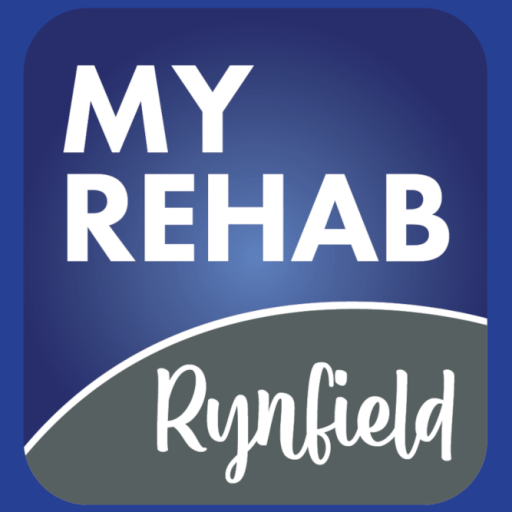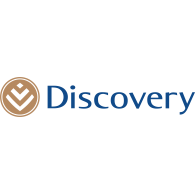The process of addiction recovery is multifaceted, integrating various forms of support and guidance to address the complexities of addiction and accompanying mental health conditions. A recent video presented in association with ARC Dual Diagnosis Addiction Centers delves into the nuanced roles of sponsors and therapists within the recovery journey, shedding light on their distinct contributions. Through an exploration of key differences and the synergy between sponsor and therapist roles, individuals in recovery are offered a holistic support system tailored to their unique needs.
A sponsor, typically part of a 12-step fellowship program, serves as a mentor guiding the sponsoree through the steps and offering personal support based on shared experience. A sponsor’s approach focuses on solution-based recovery, emphasizing taking responsibility and making amends as crucial aspects of healing and personal growth. The criteria for choosing a sponsor, such as completion of the 12 steps, clean time, and relatability, underscore the importance of lived experience and mutual understanding in the sponsor-sponsoree relationship.
In contrast, therapists provide professional, evidence-based mental health care aimed at uncovering and addressing the root causes of addiction. Therapeutic interventions explore the biological, cultural, emotional, and social triggers that influence substance use, aiming to foster self-awareness and initiate profound changes in how individuals interact with the world. Therapy emphasizes the exploration of self-concept, self-esteem, and assertiveness, enabling patients to navigate personal and relational challenges with greater insight and confidence.
The clarification of roles between sponsors and therapists illuminates the complementary nature of these support systems. While sponsors offer guidance and accountability within the framework of 12-step programs, therapists provide a deeper exploration into the psychological and emotional facets of recovery. Assertiveness training, as an example, demonstrates therapists’ focus on empowering individuals to assert their needs and boundaries effectively, a critical skill in maintaining recovery and improving personal relationships.
This detailed analysis of the first five points from a circulating list comparing sponsors and therapists highlights the invaluable nature of both roles in the journey to recovery. By understanding the unique contributions of each, individuals navigating the path to sobriety can leverage this dual approach to support, enhancing their resilience, self-understanding, and capacity for personal growth.












